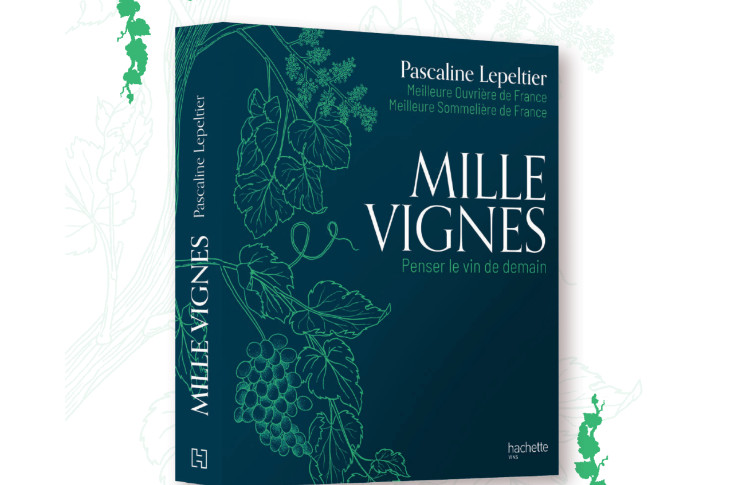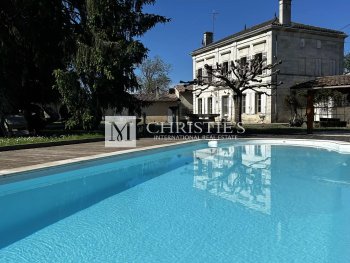If you only read one wine book this year, read this one

ublished this autumn by Hachette, the book ‘Mille Vignes, Penser le Vin de Demain’ (‘A Thousand Vines, Imagining Tomorrow’s Wine’, a translation is in progress) by sommelier-philosopher Pascaline Lepeltier and illustrated by Loan Nguyen Thanh Lan “is already a reference book for wine”, as journalist François-RĂ©gis Gaudry writes in his preface. The 354-page tome (€45) sits nicely on any wine practitioner’s bookshelf between Jancis Robinson's Oxford Companion to Wine and Émile Peynaud's GoĂ»t du Vin. It not only takes readers back over the basics of vines and wine, but also sets out to explain and understand them, rather than simply observe and learn.
Considering Pascaline Lepeltier’s background, this is hardly surprising. She first studied philosophy, and holds a master's degree on Henri Bergson, before branching out into wine and becoming a recipient, inter alia, of France’s Best Sommelier and Craftsperson awards in 2018. In fact, wine gave her the opportunity to apply philosophy, like the Platonic awe experienced during a tasting of 1937 Château Yquem. Philosophy also allowed her to grasp the richness of wine, through its interwoven fabric. “I'll be honest with you, I wrote this book primarily for myself”, writes Lepeltier, seeking the missing link between popularisation and specialisation. Recalling her passionate reading of the encyclopaedia Tout l'Univers, Lepeltier offers us her fount of knowledge and ability to reflect, particularly on the future of the wine industry.
“Wine is one of the most beautiful human inventions: it mirrors our way of living on Earth”, she writes, championing “living wine, floating among oceans of industrial and displaced food wines, [which] becomes the symbol that another way of existing in the world is not only possible, but necessary”. With its focus on beauty, goodness and sustainability, the book does not take a dogmatic but rather a philosophical approach in its openness, as evidenced by the many questions left unanswered, from the identity of volcanic wines to the cultural construct of food and wine pairings, via the challenge of agro-ecology to become the viticulture of the future. With ‘Mille Vignes’, the aim is to learn new aspects of wine culture and to relearn what we know by questioning it. Because “doubt is only good for those who know” wrote Alain, in reference to Kant, in his AbrĂ©gĂ©s pour les aveugles (1942, published by Paul Hartmann).






